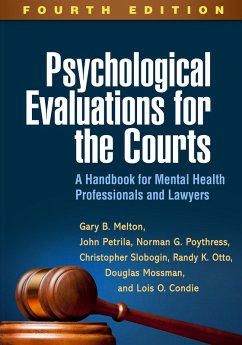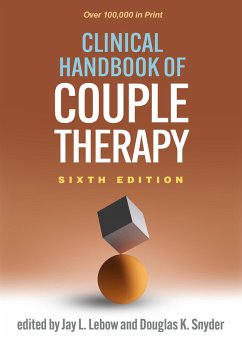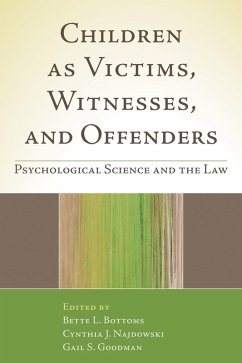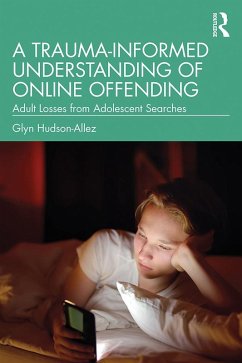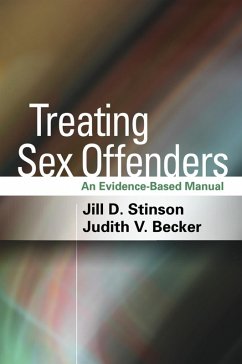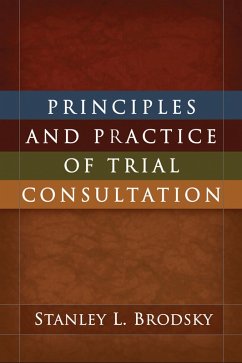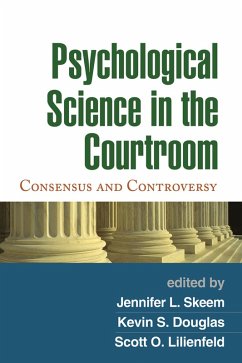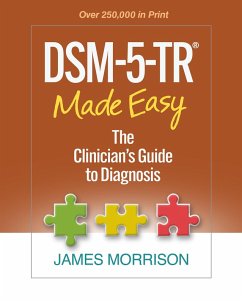
Desistance from Sex Offending (eBook, ePUB)
Alternatives to Throwing Away the Keys
Versandkostenfrei!
Sofort per Download lieferbar
40,95 €
inkl. MwSt.
Weitere Ausgaben:

PAYBACK Punkte
20 °P sammeln!
This book offers a fresh perspective on treating a population that is often demonized by policymakers, the public, and even clinicians. The authors argue that most sex offenders are "people like us," with the potential to lead meaningful, law-abiding livesif given a chance and appropriate support. They describe an empirically and theoretically grounded rehabilitation approach, the Good Lives Model, which can be integrated with the assessment and intervention approaches that clinicians already use. Drawing on the latest knowledge about factors promoting desistance from crime, the book discusses...
This book offers a fresh perspective on treating a population that is often demonized by policymakers, the public, and even clinicians. The authors argue that most sex offenders are "people like us," with the potential to lead meaningful, law-abiding livesif given a chance and appropriate support. They describe an empirically and theoretically grounded rehabilitation approach, the Good Lives Model, which can be integrated with the assessment and intervention approaches that clinicians already use. Drawing on the latest knowledge about factors promoting desistance from crime, the book discusses how encouraging naturally occurring desistance processes, and directly addressing barriers to community reintegration, can make treatment more effective and long lasting.
Dieser Download kann aus rechtlichen Gründen nur mit Rechnungsadresse in A, D ausgeliefert werden.




